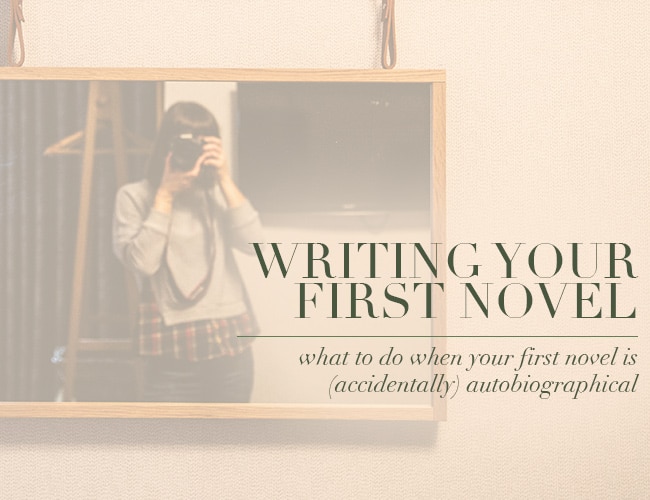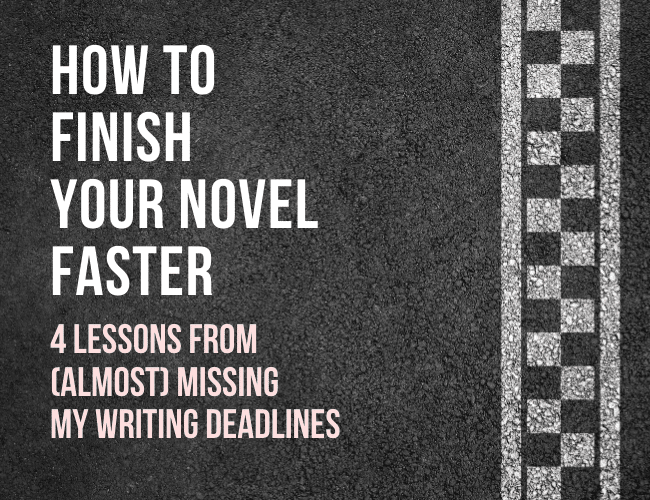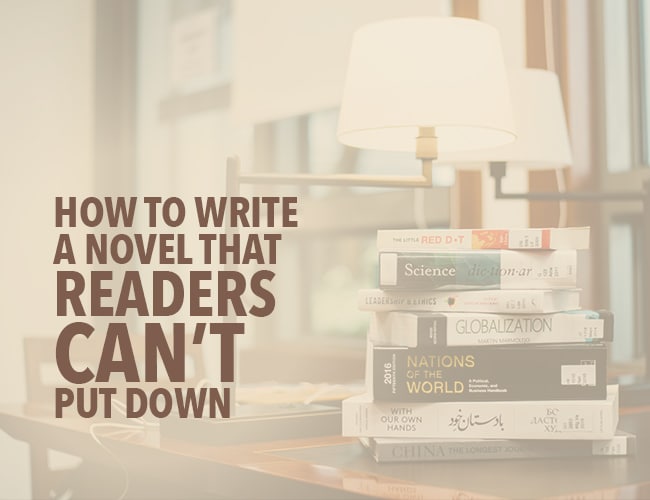
by J. D. Edwin |
What should be included in your first draft? Writing the first draft of a book is incredibly difficult. So much so that many writers don’t even finish their first draft. Why is this? And how can we prevent this from stopping us from writing our first drafts?
Every writer who has ever written a book wrote a first draft for that story—and it’s highly unlikely that the first draft was also the final draft.
Of course, it’s hard to remember this when you’re reading a published book. Writers don’t often see the first, or even second (maybe more!) drafts of a book. Just the final product.
However, behind every great story there is a beginning—and in every beginning there are elements we, as writers, need to care about accomplishing. There are also elements that will only hold us back.
In this post, I will cover the three elements you need to include in your first draft, and the three elements that will only slow down or stop your writing process.

by Sarah Gribble |
Some of you may be participating in our 100 Day Book program, writing your first novel on your own, or kicking around the idea of starting that manuscript.
Writing your first novel is hard. It’s a struggle. It’s a learning process.
And it’s often autobiographical, even if you don’t mean it to be. And that’s okay.

by Guest Blogger |
When you started your novel, how long did you think it would take to finish? Have those initial estimated writing deadlines come and gone? More importantly, did you finish your novel in that time frame?
If the answer is no, don’t fret. You’re not alone. Like me, you might fear you’ll never complete your story in a timely manner.
Maybe one day you lack inspiration. The next you don’t know where your story needs to go. Perhaps you procrastinate or feel low energy.
You know, the struggles all writers go through.
I suffered those afflictions and more during the 100 Day Book program at The Write Practice. And for a time, I thought I wouldn’t finish my novel by the deadline.
Let’s skip to the ending: I completed the second draft of my book on time.
Barely.
But I learned four valuable lessons in the struggle. Lessons that will help you in meeting deadlines and enduring the writing process.
I’d like to share them with you now, so you can write your completed novel far faster than you believe possible.

by David Safford |
There is a book inside you. There has to be. Why else are you reading a post about writing a book?
Getting that book out, of course, is the extremely difficult part. The words don’t come out as we imagine. The time to write shrinks as life gets busier. And so many questions vex us — so many lies that we tell ourselves to avoid the challenge ahead.
But you have to write your book. It’s one of the greatest driving forces in your life. Here are the lies that might be holding you back, and the truths you need to overcome them.

by David Safford |
Want to write a novel readers can’t put down?
I’d love to come up with a yarn that grabs people like Harry Potter and The Hunger Games did. Doing so would practically guarantee a large and loyal fanbase for years!
Yet writing this kind of story is deceptively difficult. The story we want to write is always a good one in our own minds. But when we put the words on the page, they rarely possess the page-turning qualities we imagined they would.
Thankfully, there’s a way to set yourself up for success. Here’s how to write a novel that readers can’t put down!

by Joslyn Chase |
Imagine attending a football game with no rules. I don’t know about you, but there’s a limit to how excited I could get about watching a bunch of men run around with no particular aim in mind. Really, except for the tight pants, it would be pointless.
What makes the game worth watching is knowing your team has a goal, and knowing there’s an opposing team aiming to stop them from achieving it. That’s what pulls you to the edge of your seat, screaming and pumping your fist in the air.
It’s the same when you read fiction. If the writer hasn’t told you how to keep score, you have no way of knowing whether the characters are drawing nearer or farther from accomplishing their goals, and little reason to care.








